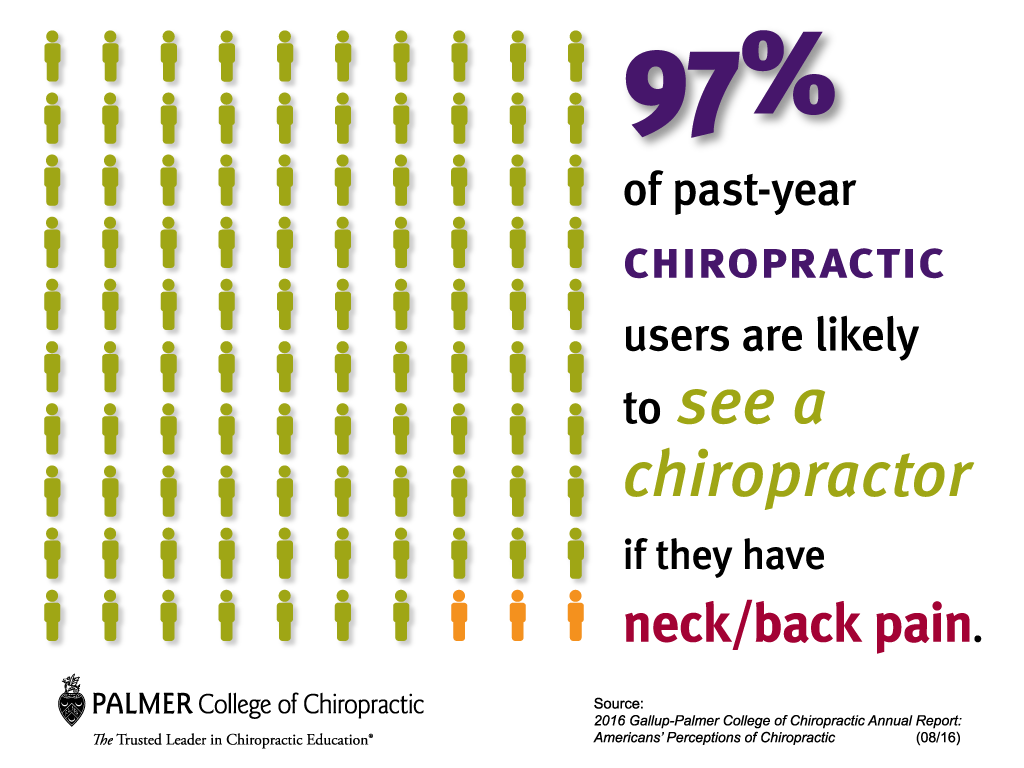The Impact Of Diet Plan On Back Pain Monitoring: Foods To Incorporate And Foods To Omit
The Impact Of Diet Plan On Back Pain Monitoring: Foods To Incorporate And Foods To Omit
Blog Article
Article Produced By-Mcclure Jordan
When it involves managing your pain in the back, the food selections you make can dramatically influence exactly how you really feel each day. Think of having the ability to reduce your pain just by adjusting what you consume. By recognizing the role of nutrition in back pain monitoring and knowing which foods to incorporate or steer clear of, you can take aggressive steps towards a healthier and more comfy way of life. The connection between nutrition and back health and wellness is much more extensive than you might recognize-- allow's check out how specific foods can either calm or aggravate your pain in the back.
Relevance of Nourishment in Pain In The Back
Nourishment plays a crucial function in managing pain in the back. Your diet plan can dramatically influence swelling degrees and general pain degrees in your back. Consuming a well balanced diet regimen rich in nutrients like vitamins D and K, calcium, magnesium, and omega-3 fats can help in reducing inflammation and strengthen bones, which are important for back wellness.
Furthermore, keeping top chiropractor nyc and balanced weight with appropriate nutrition can ease tension on your spinal column, lowering the risk of neck and back pain.
Moreover, particular nutrients like antioxidants found in vegetables and fruits can aid battle oxidative stress and advertise recovery in the body, consisting of the back muscles and spine.
On the other hand, taking in too much amounts of processed foods, sweet drinks, and undesirable fats can contribute to swelling and weight gain, worsening neck and back pain.
Foods to Consume for Back Health
To support a healthy and balanced back, incorporating nutrient-rich foods into your everyday meals is crucial. Consisting of foods high in anti-oxidants like berries, spinach, and kale can help reduce inflammation in your back, easing pain and pain. Omega-3 fats located in fatty fish such as salmon and mackerel have anti-inflammatory buildings that can profit your back health.
Additionally, consuming nuts and seeds like almonds, walnuts, and chia seeds offers essential nutrients like magnesium and vitamin E, which sustain muscle function and decrease oxidative tension. Including https://best-chiropractic-clinic73940.blogrelation.com/37300167/advice-on-selecting-the-right-chiropractic-practitioner-for-your-demands as hen, turkey, and tofu can assist in muscle repair service and maintenance, promoting a strong back.
chiropractor in chelsea forget to consist of dairy or strengthened plant-based choices for calcium to support bone health and wellness. Last but not least, moisturize with a lot of water to keep your spine discs hydrated and functioning ideally. By consisting of Read This method -dense foods in your diet regimen, you can nourish your back and support total spine health and wellness.
Foods to Avoid for Pain In The Back
Go with staying clear of processed foods high in added sugars and trans fats when looking for remedy for back pain. These sorts of foods can contribute to inflammation in the body, which may aggravate pain in the back. Say no to sugary treats sweet, pastries, and sweet beverages, in addition to junk food things like hamburgers, french fries, and fried poultry that are frequently packed with trans fats.
Furthermore, avoid foods containing high levels of refined carbs, such as white bread, pasta, and pastries, as they can surge blood glucose degrees and potentially aggravate swelling in the body.
It's likewise wise to limit your consumption of foods high in saturated fats, like red meat and full-fat milk products, as they can contribute to swelling. Refined foods like deli meats, chips, and packaged treats are often high in hydrogenated fats and must be eaten in moderation.
Conclusion
Finally, taking notice of your diet and making smart food choices can have a significant influence on managing back pain. By incorporating nutrient-rich foods like berries, fatty fish, nuts, and lean healthy proteins, and staying clear of refined and sugary products, you can help in reducing swelling and support overall back wellness. Bear in mind, what you eat plays an important function in just how you feel, so see to it to prioritize your nutrition for a much healthier back.
